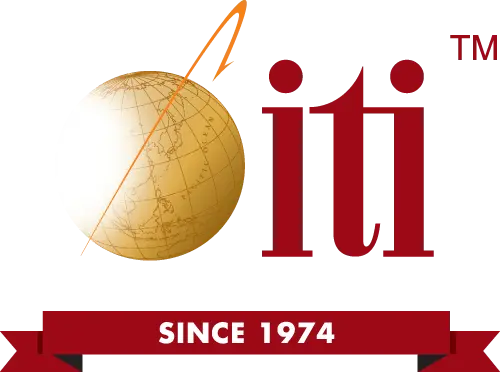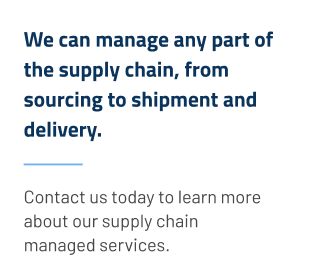The term Lean manufacturing is often used interchangeably with low cost manufacturing. While the two share similarities in principle and practice, they represent two disciplines of engineering that have distinctive features, methods and techniques. While low cost manufacturing is a function of outsourcing and large-scale optimization of manufacturing costs, lean manufacturing focuses on the efficient use of materials, methods and human resources in order to eliminate waste and improve productivity.
Optimizing Manufacturing Costs: Old Challenges for a New Age
Since the industrial revolution, manufacturers have been faced with the challenge of rising manufacturing costs, the scarcity of raw materials and the skyrocketing demands of a constantly growing market. The accelerated demand for high quality products by consumers around the world can no longer be function of local production and supply but must be met by a judicious combination of optimized overseas manufacturing and outsourcing. It is in such an economic environment that lean manufacturing principles find increased relevance.
Lean is a form of manufacturing that relies on the elimination of waste from the manufacturing process and the improvement of human and process productivity. The definition of ‘waste’ is no longer restricted to raw materials and has been broadened to include any material, method or resource that does not add value to the customer and does not improve revenue or profitability.
The principles of lean manufacturing were the bedrock of Japan’s economic and industrial recovery following the Second World War when manufacturers sought new and innovative ways to improve manufacturing processes despite the scarcity of raw materials, finances and human resources. Today, lean manufacturing continues to pioneer innovation and fuel industrial growth among some of the world’s largest corporations including Motorola, Toyota (who developed the Toyota Production System,) and Ford. Lean manufacturing has also seen a successful transition to software development, outsourcing and service industries.
Lowering Manufacturing Costs through a Combination of Lean, Outsourcing and Overseas Manufacturing
Cost reduction is a key priority for CEOs and CFOs around the world. Every day, manufacturers optimize production in order to deliver higher quality at affordable prices. The Japanese philosophy of manufacturing quality postulates that customers who perceive superlative value from a product determine a product’s price. While this philosophy may be debatable, the resulting streamlining of supply chains, improved product quality and principles such as Kaizen (continuous improvement) and the Just-in-Time system can serve to eliminate wasteful, time-consuming and vestigial processes that may hinder a company’s progress towards its goals.
When combined with the principles of low cost manufacturing such as outsourcing and overseas manufacturing, lean manufacturing gives companies the power to use resources far more effectively and efficiently to fuel their journey to improved profitability and growth.





